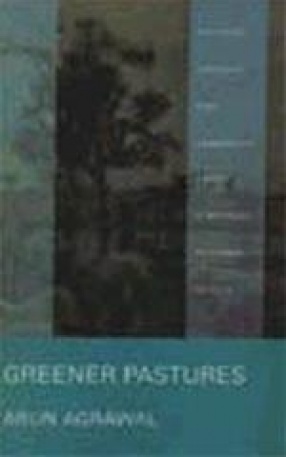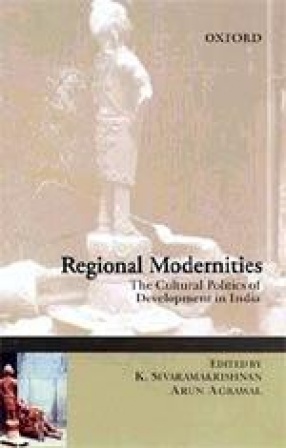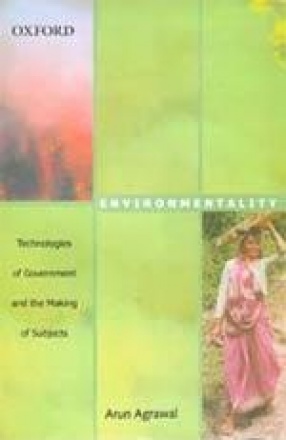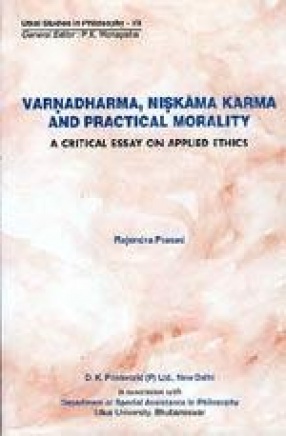Social scientists theorizing about political economy and the allocation of resources have usually omitted migrant communities from their studies. In Greener Pastures Arun Agrawal uses the story of the Raikas, a little known group of migrant shepherds in Western India, to re-examine current scholarship on markets and exchange, local and state politics, and community and hierarchy. The Raikas are virtually invisible in the regions through which they travel, as well as to the wider Indian society, yet they must operate as part of these larger spheres for their economic survival. Agrawal analyses the institutions developed by the shepherds to solve livelihood problems. First, by focusing on the relations of the shepherds with their landholder neighbours, he explains why the shepherds migrate. He shows that struggles between these two groups led to a socio-political squeeze on the access of shepherds to the fodder resources they need to feed their sheep. Then, in an examination of why the shepherds migrate in groups, he demonstrates how their migratory lives depend on market exchanges and points to the social and political forces that influence prices and determine profits. Finally, he looks at decision-making processes such as the division of labour and the delegation of power. Politics is ubiquitous in the interactions of the shepherds with their neighbours and with state officials, in their exchanges in markets and with farmers, and in their internal relations as a community.
Regional Modernities: The Cultural Politics of Development in India
This book brings together ...
$37.80
$42.00







There are no reviews yet.